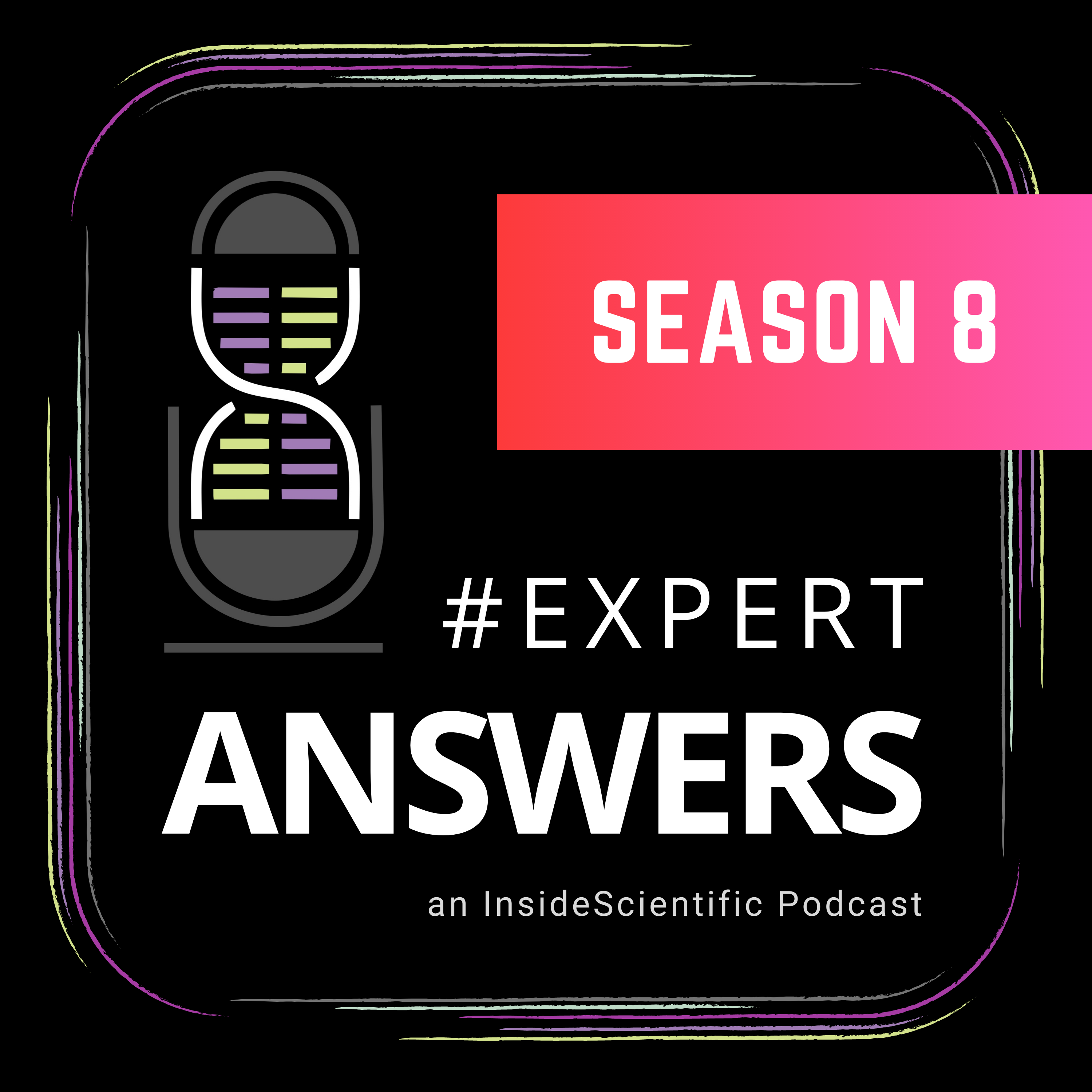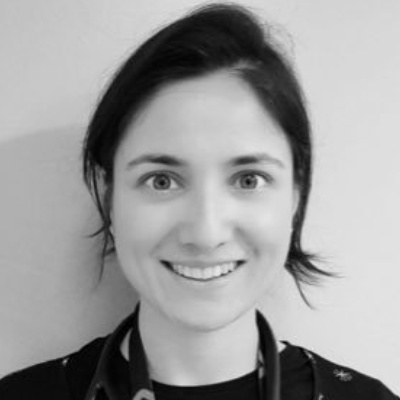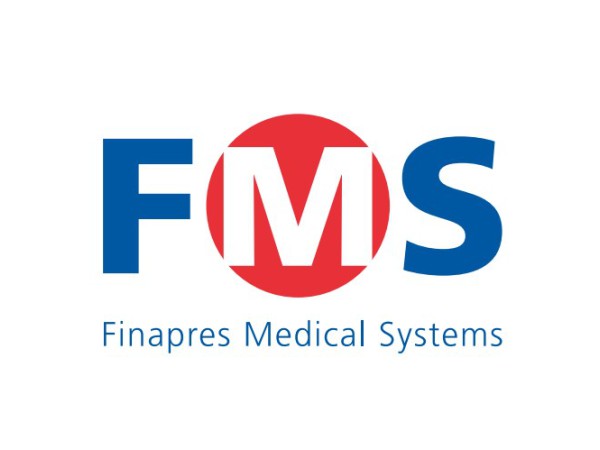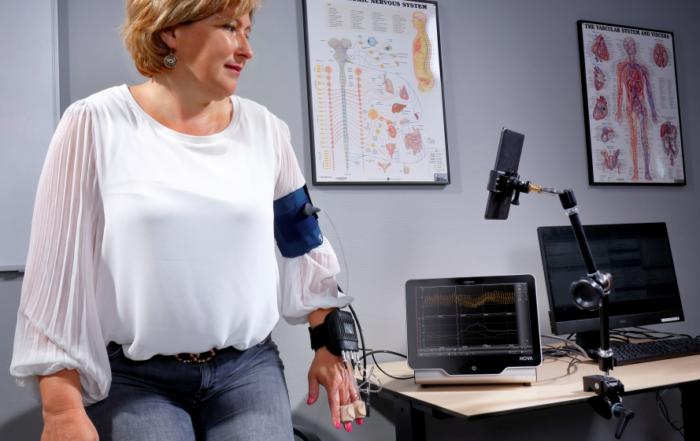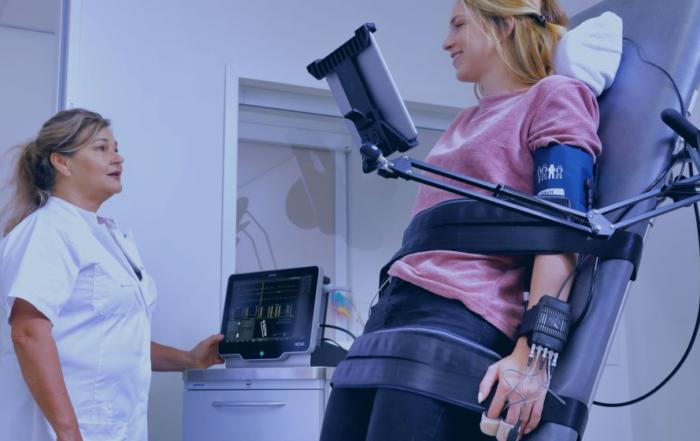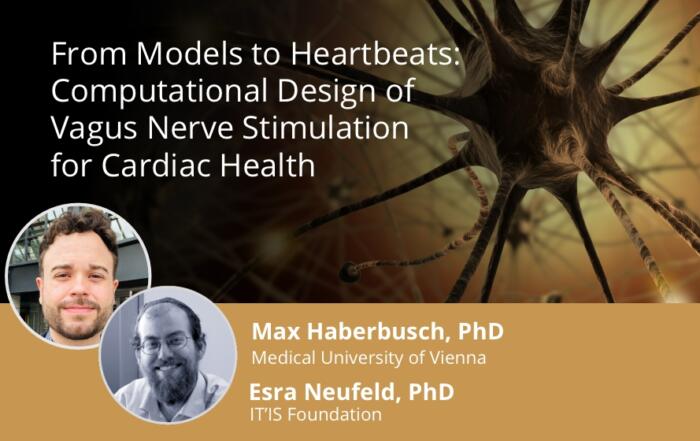In this webinar, medical consultant Dr. Melanie Dani and cardiologist Dr. Boon Lim discuss case studies of patients with long-COVID who have reported orthostatic intolerance symptoms such as fatigue, brain fog, palpitations, shortness of breath upon standing, and dizziness.
Highlights
- Impacts of acute and long-COVID in the United Kingdom
- Association of autonomic dysfunction with long-COVID
- Mechanisms and underlying causes of autonomic dysfunction
- Simple measures of combating long-COVID symptoms
- Expressing positive thoughts or feelings to dial down the sympathetic nervous system
Webinar Summary
Although not entirely understood, autonomic dysfunction has been increasingly recognized as an important feature of long-COVID, a condition that has had a massive impact on the United Kingdom’s general population. Long-COVID is characterized by symptoms that persist following initial recovery of acute COVID-19. Of the one million people in the United Kingdom affected by COVID in May 2021, over half reported that their symptoms were interfering with their everyday life. A substantial proportion of these individuals are of working age and many are healthcare workers. Dr. Dani stresses that both acute and long-COVID have had major implications for workforce planning and the organization of healthcare services to meet increased demand.
In 2020, the Journal of the American Medical Association reported that increasing numbers of COVID-19 “long-haulers” (i.e., individuals with long-COVID) were puzzling experts and medical professionals. Dr. Dani and Dr. Lim remark in this webinar that many patients with long-COVID have felt misunderstood due to the low awareness of long-COVID. Further challenging for both patients and their physicians has been the fact that many diagnostic tests come back with normal results.
“People feel that they’re not being recognized by their [general practitioners] and employers.”
Dr. Lim notes that patients are most likely experiencing autonomic dysfunction if their symptoms are worse upon getting out of bed in the morning. A tilt table test under similar sleep conditions (e.g., dark, slightly warm room) can be administered if suspicions of autonomic dysfunction are present. In one case involving a 31 year old female who was experiencing symptoms four months following initial COVID recovery, a tilt table test revealed a “yo-yoing” in blood pressure and heart rate in short time intervals (approximately 10-15 seconds), which was accompanied by symptom onset. Dr. Lim stresses that this extreme oscillatory pattern is not normal.
Tilt table test responses in patients with long-COVID, however, are varied. For example, one patient presented with a trace consistent with vasovagal syncope, during which their blood pressure dropped drastically to a point where they could lose consciousness. At the other end of the spectrum, another patient experienced an extreme increase in blood pressure associated with tachycardia. Dr. Lim explains that the key point in characterizing these patients is to give a description of the physiology of these trace oscillations coupled with symptom burden, rather than fixating on a diagnosis.
“I am still learning. My patients are actually teaching me more than I am learning from the [medical] community.”
Dr. Lim also describes mechanisms thought to underlie autonomic dysfunction in long-COVID patients. Decreasing the plasma circulating volume during acute illness can exacerbate symptoms, which will continue to worsen if a patient refuses fluids. Postural symptoms and fatigue encourage bedrest, which promotes deconditioning. Deconditioning further promotes decreased plasma circulating volume, resulting in a positive feedback loop.
“There is a fundamental shift in the way that we provide healthcare, and this is to promote wellness.”
To conclude this webinar, Dr. Dani notes that simple practical measures may be sufficient to treat long-COVID symptoms, such as education of symptom and syndrome physiology, fluid and salt repletion, blood pressure monitoring, the use of compression garments, and physical counter-pressure maneuvers. Regular communication with the patient is also crucial in assessing if they are responding to these conservative measures, and if not, pharmacotherapy (e.g., fluid expanders, alpha agonists, and beta blockers) may be required. Dr. Lim also remarks that expressing a positive thought or feeling can dial down the sympathetic nervous system, which he demonstrates himself at the end of this webinar.
Click to watch the webinar recording. To view the presentation full screen simply click the square icon located in the bottom-right corner of the video-viewer.
Resources
Q&A
- What is the rationale behind the use of beta blockers over Ivabradine and fluid expanders in post-COVID postural orthostatic tachycardia syndrome?
- Are there subtypes of autonomic dysfunction in long-COVID?
- How can patients optimize their general health?
- What are some top tips to prepare for vaccination?
- How should an autonomic testing lab be equipped to support physicians in diagnosing and treating long-COVID?
To retrieve a PDF copy of the presentation, click on the link below the slide player. From this page, click on the “Download” link to retrieve the file.
Presenters
Cardiologist and Electrophysiologist
Imperial College London
Consultant in general and geriatric medicine
Imperial Syncope Unit
Imperial College Healthcare NHS Trust
